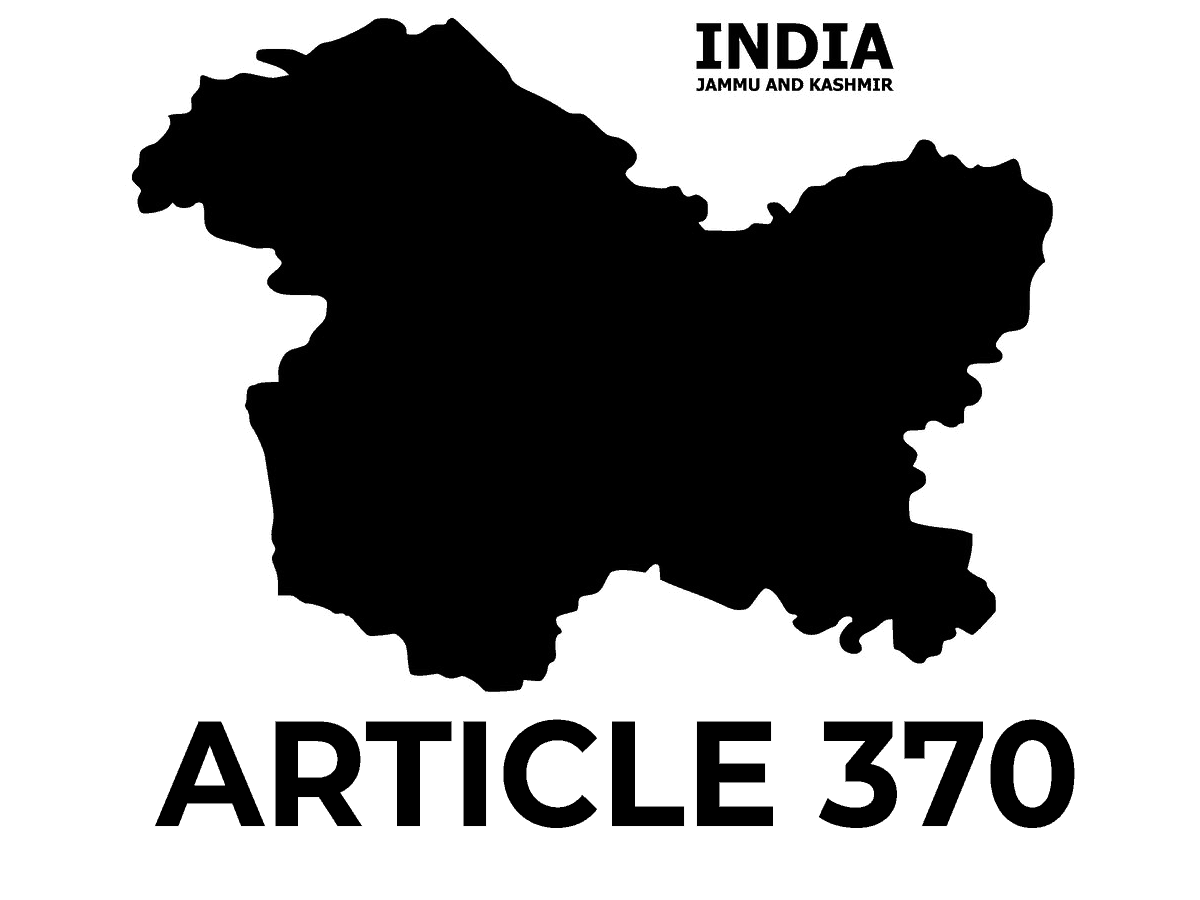

Perhaps the leaders of People’s Alliance for Gupkar Declaration who are in race with time to highlight what happened to the people of Kashmir on August 5, 2019, when their state was stripped of its special status under Article 370 and divided into two union territories could not wait for the release of the White Paper on J&K , despite knowing the global, national and even in the region , the attention was focused on Russian invasion of Ukraine . It released its White Paper , listing all the history and the assault on what they claimed “ State’s autonomy” on Saturday -February 26 , a day after the invasion of Ukraine by Russia . The paper , titled , , “ The Betrayal”, signified that how the BJP government at the Centre had broken all the promises that Delhi had made to the leadership of the state at the time of the Partition in 1947 that the state would get its special status, rights and privileges as compared to the rest of the country that despite being the Muslim-majority state and its geography abutting Pakistan , the two-nation theory was rejected . This was manifested in the unqualified support to the instrument of accession signed by last Dogra and Hindu king of Jammu and Kashmir .The only problem with the release of the white paper, which otherwise could have stirred a national debate , is the timing , which was imperfect, to say the least.
The White Paper has attempted to bust many myths about the state having become a hub of terrorism and a basket case and the way the youth were going astray before the abrogation of Article 370 on August 5, 2019 .On that particular day, Article 35 A , too , was withdrawn, and with that all the privileges and rights of natives of the state to land, jobs and identity were taken away . That these measures were against the will of the people have been spotlighted in the paper ; one there was no elected Assembly which should have been consulted before taking any such momentous step , secondly it was pushed through by snapping all communications and deployment of soldiers all over the Valley. This is to substantiate the argument that the people were against it , and it would not have come about had there been freedom of movement or communication . This is also to rebut the argument that the Parliament alone was competent to make the constitutional changes, and the paper has cited certain legal infirmities that how a state under President’s rule at that time could move the bill and seek approval of the President. These are certain issues, which legal minds behind the preparation of the white paper have made to claim that the whole thing was “ unconstitutional and illegal.”
It is an undeniable fact that the people would have shown their displeasure on all these issues, this is acknowledged by the authorities too. The last governor of the state Satya Pal Malik ( now Governor of Meghalaya) has been repeatedly quoting the then Chief Secretary B V R Subrahmanyam that at least 10,000 people will die in the wake of the abrogation of Article 370 . The situation was tense ahead of August 5, 2019- troops were landing from other places and the ongoing Amarnath Yatra was cancelled as it was stated that tourists and pilgrims had become vulnerable to terrorist attacks, and on the midnight of August 4, 2019, the Kashmir Valley was without any communication network and troops were deployed all over. . These were the real-time situations in which Kashmiris suffered double pain -loss of their special status , bifurcation of the state and also staying behind closed doors for day together.
At the same time ,the Union Government had the argument that all these steps were taken to frustrate designs of inimical elements within and across the border to stoke troubles, by inciting the masses. Union Home Minister Amit Shah has claimed it repeatedly that such steps saved lives .
But the White Paper has its own flaws , there is no explanation that how more than 400 central laws were extended to the state before the abrogation of Article 370 , and most of them when the “ elected governments were in place”, and its explanations regarding the regional discrimination and denial of citizenship rights to West Pakistanis , Valmikis and others . It has left many questions unanswered. That is what is going to be the tool in the hands of critics . Fundamentally, the white paper has been consumed by the imperfect times.

